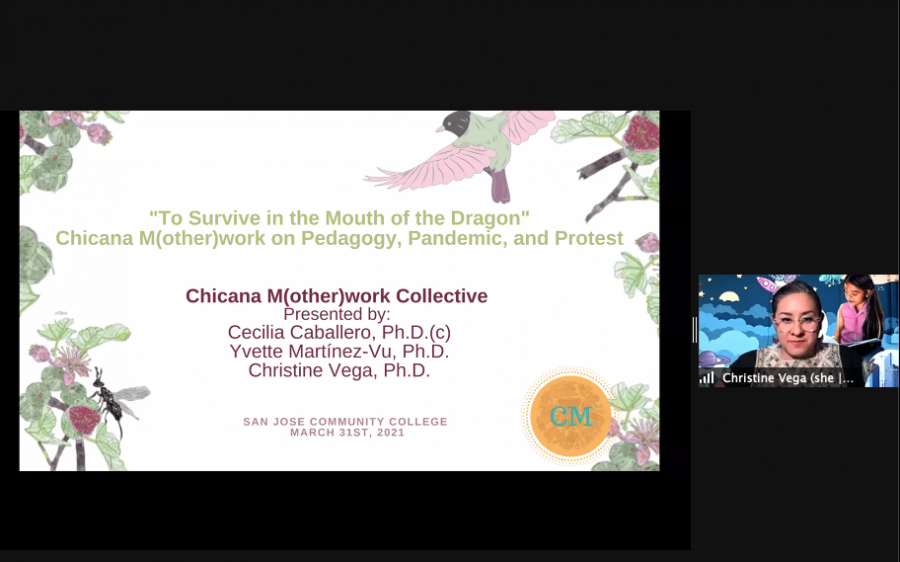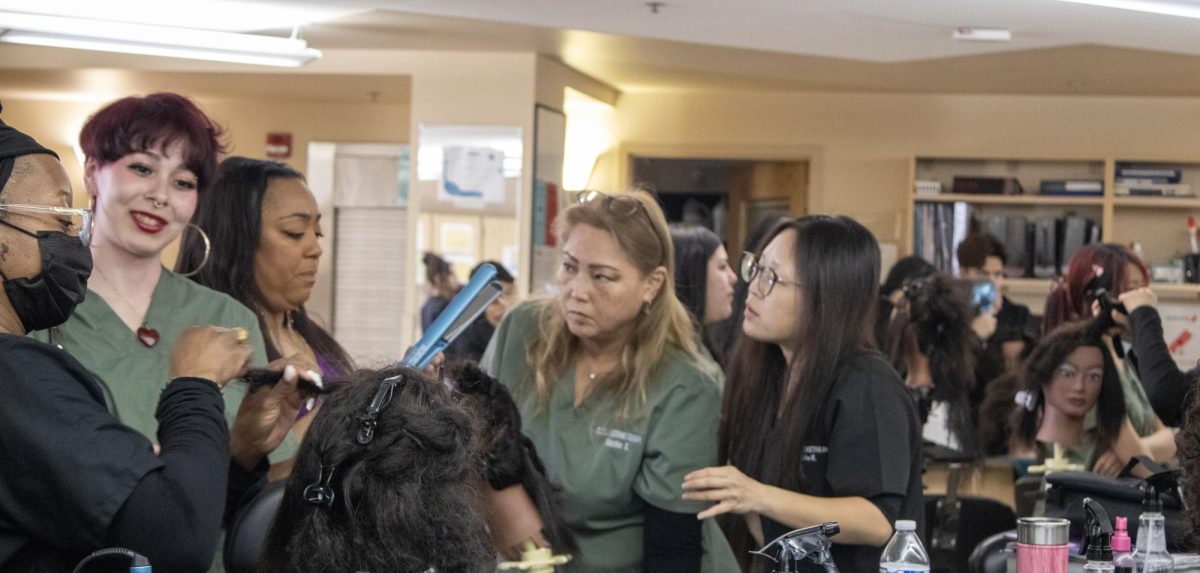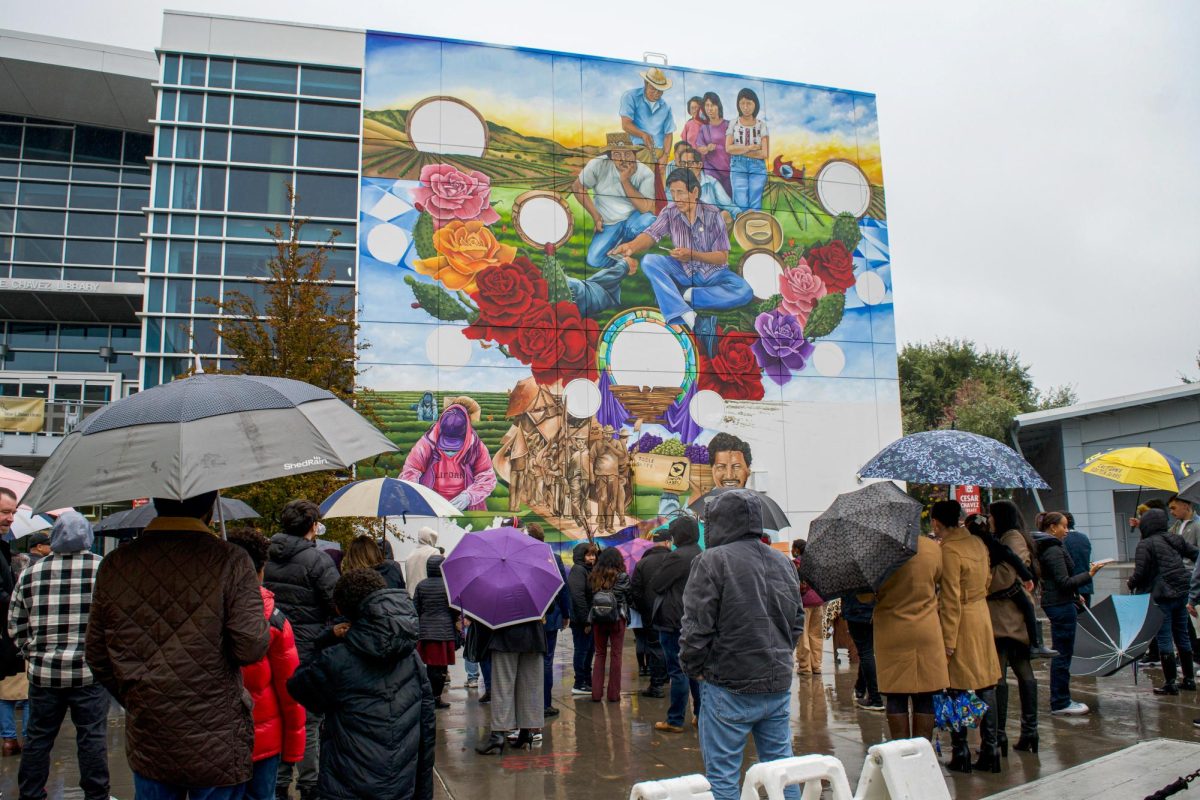Three chicana mothers Cecilia Caballero, Yvette Martinez, and Christine Vega joined over zoom on March 31st to discuss the challenges faced during COVID as mothers guiding other scholar mothers.
Each of these mothers also have similar experiences, but have faced different hardships that they call speed bumps in their roads. Such as homeschooling their children.
“My partner and I face multiple challenges of many meltdowns by our child who was struggling with online learning,” Vega said.
Martinez’s child also had to move their studies through zoom, but she had a different approach by later transitioning their child’s studies to homeschooling.
“Like most children in the US who were forced to leave in-person classrooms. Our children have had their whole world turned upside down as many of them embarked on distance learning or what some of us call Zoom school,” said Martinez.
Martinez and Vega share this same issue of having to take care of their children, while having to balance work like many other mothers had to do during COVID lockdown. This is something the other panelist Cecilia Caballero struggled with the most.
“After the pandemic academic mothers in my network flooded social media with posts about the loss of child care,” Caballero said. “For me when the pandemic began I didn’t lose any child care cause I didn’t have any to begin with.”
Caballero then explained her situation as a low income single mother, unable to afford a babysitter nor lived near family. Before the pandemic her child was often under the care of staff as her teaching schedule didn’t allow for her to babysit him.
Caballero raised a question in her presentation that ties in the main focus of the panelist mission of helping academic mothers.
“Who cares for the caregivers?… and who cares for the caregiver’s caregiver?” Caballero said. The question was elaborated on by the panelist who spoke about how they themselves help these scholar mothers and how mothers of color are underappreciated.
“It would be difficult to find literature and writings about the everyday experience as a mother of color in academia, particularly centering on mothers in PhD programs who identify as chicana” said Vega “ It takes a fierce community of care to make a mother and support her to raise a child.”
As spoken by the panelist, during COVID many academic mothers have faced hardships that they can relate to as academic mothers themselves. They have noticed the trend of how this set of mothers tend to focus on their families and take on all the work of helping their household, while withstanding their personal challenges as well.
“According to the Bureau of Labor Statistics about 865,000 women dropped out of the workforce between August and September 2020 alone,” said Martinez. “The following challenges affecting women are lack of flexibility at work, feeling like we need to be available at all hours, housework and caregiving duties, worrying about implicit biases and being negatively judged because of said caregiving duties.”
Vega, Caballero and Martinez work to support mothers of color and mothers in school to balance work, school and home life. Each has a different strategy, yet their end goal is the same; to end microaggressions against these mothers and bring more support.
“As we know the pandemic has shed light to the injustices of mothers, mothers of color, caregivers and other mothers,” said Martinez. “It’s not a surprise that during the pandemic we’ve witnessed huge contradictions of high highs and low lows, thriving and surviving at the same time.”
They all see the selflessness of these mothers and work to be able to let mothers know they have those looking out for them too.







